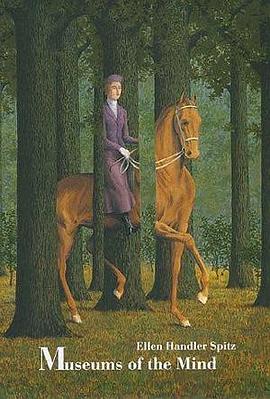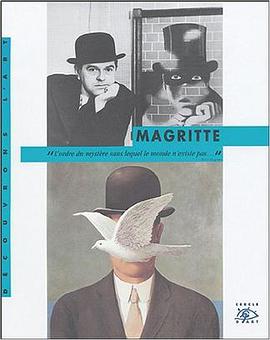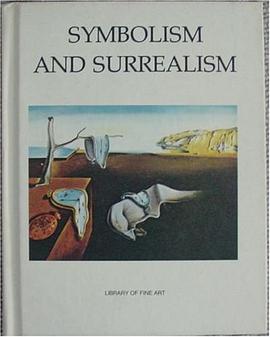

具体描述
This book eloquently demonstrates that just as our human relationships change and develop over time, so do our ties to cherished works of art. Such works, with their overlays of perception and projection, exert a lasting influence on the psyche. In the first half of the book, Ellen Handler Spitz guides us through a maze of surreal paintings by Rene Magritte, with psychoanalytic thought as her beacon. In the second half she leads us on a kaleidoscopic journey through other "museums of the mind," where interrelated works in drama, film, cartoon art, poetry, and opera are illuminated and rediscovered. She analyzes a performance of Chekhov's "The Bear," revisits the 1970s classic Zen and the Art of Motorcycle Maintenance from the perspective of the 1990s, reviews the film "Dead Poets Society," muses on the psychological themes in the comic strip Calvin and Hobbes, rereads a beloved sonnet by Gerard Manley Hopkins, and reconsiders "Antigone" to discover startling insights into the "twinship of good and evil." Her final chapter, "Music of Hope," looks directly at the power of art to shape the mind as well as to be shaped by it. Here Spitz reflects on the impact of the children's opera Brundibar, written by the Czech composer Hans Krasa in 1938 and performed many times by inmates of the Terezin concentration camp.
作者简介
目录信息
读后感
评分
评分
评分
评分
用户评价
相关图书
本站所有内容均为互联网搜索引擎提供的公开搜索信息,本站不存储任何数据与内容,任何内容与数据均与本站无关,如有需要请联系相关搜索引擎包括但不限于百度,google,bing,sogou 等
© 2025 book.wenda123.org All Rights Reserved. 图书目录大全 版权所有



















